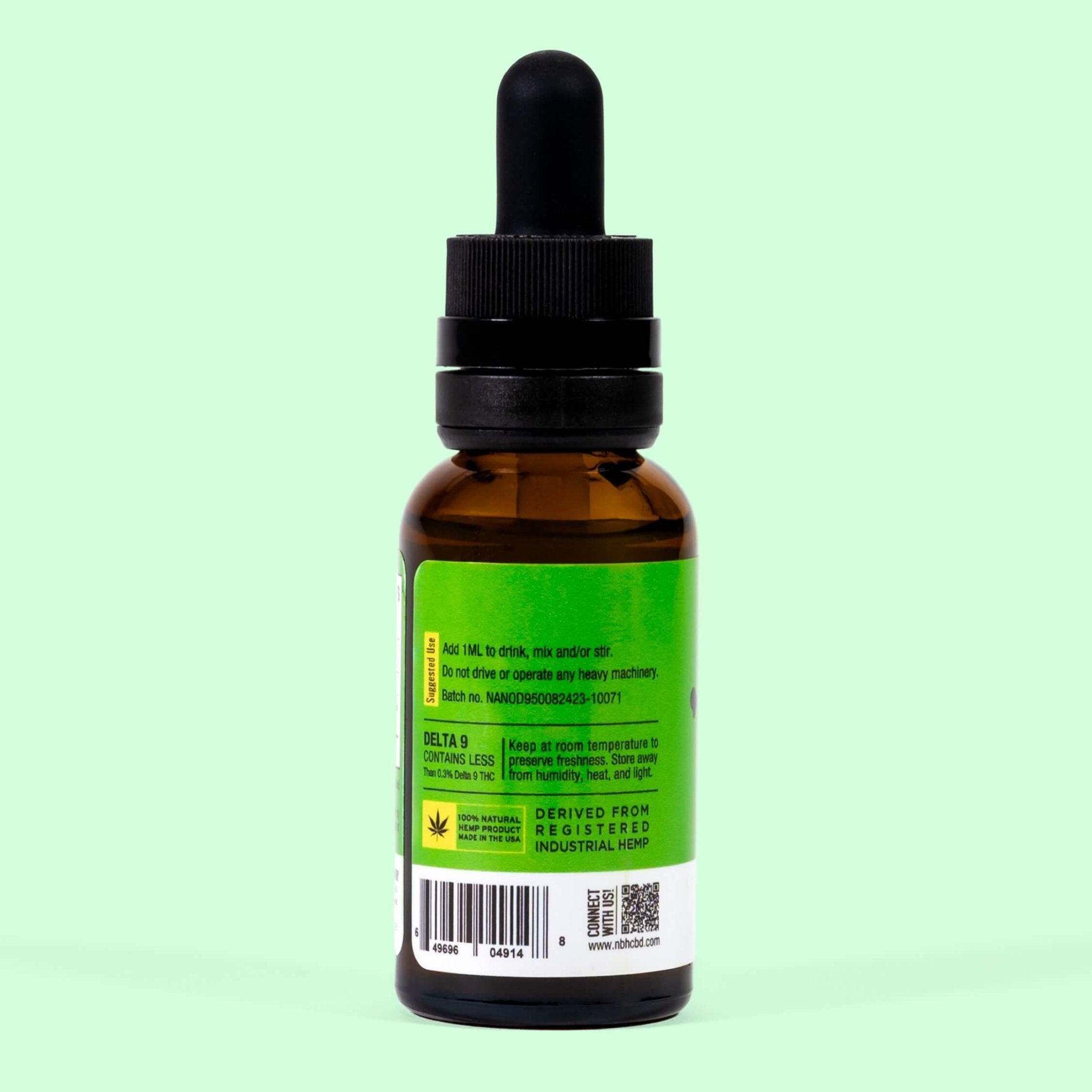
California-based CBD beverage company, Joy Tea, is challenging the U.S. Patent and Trademark Office (USPTO) after the office denied their trademark application. The USPTO reportedly said companies cannot trademark products that are not lawful for commerce, which led to the application denial.
Joy Tea is appealing the USPTO’s decision. If successful, this appeal could have ripple effects throughout the hemp industry with the potential of affecting other industries as well.
Why is CBD-infused tea potentially problematic?
The 2018 Farm Bill legalized hemp and CBD. However, the U.S. Food and Drug Administration (FDA) has been dragging its feet when it comes to creating regulations for these products.
For example, the FDA has not yet set regulations for the lawful marketing of cannabinoids in food or as dietary supplements. According to media reports, the USPTO seems to have latched onto this technicality, which it cites as the main reason for denying Joy Tea’s trademark application.
The USPTO reportedly has taken the stance that trademarks cannot be secured for products that are not federally lawful. A recent article in Marijuana Moment explains that this stands true “even if they’re simply submitting “intent to use” applications that could take years to process while a pending policy change works its way through Congress or federal agencies.”
The FDA is reportedly working on creating these regulations. However, it seems that federal lawmakers could beat the FDA to it.
A new bill was introduced to the U.S. Senate on May 19. It seeks to allow hemp derivatives, like CBD, to be added to consumable products, such as food, beverages and dietary supplements. A similar bill was reportedly introduced to the U.S. House of Representatives earlier this year.
Unfortunately, this momentum hasn’t changed the outcome for Joy Tea. The intentions of the FDA, the aspirations of federal lawmakers or the opinions of the public seem to mean little when it comes to protecting intellectual property.
“While applicant may be anticipating that CBD-based beverages will be made lawful at the federal level within the time frame for filing an allegation of use, that anticipation does not make this application registrable,” USPTO reportedly wrote as an explanation of its decision to deny a registration to Joy Tea. “The lawfulness of the goods is determined at the time the application is filed and not what may or may not be lawful at the federal level years from now.”
“FDA intentions, public opinion in favor of legalization of cannabis, and anticipation of change in the current law have no bearing on the prosecution of a trademark application,” USPTO reportedly added.
Do the same rules apply to all industries?
Joy Tea is reportedly appealing this rejection with the Trademark Trial and Appeal Board. The beverage company’s attorney, Larry Sandell, told Marijuana Moment that the denied trademark registration was improper and pointed out inconsistencies with how the USPTO has treated businesses in different industries.
“The general idea as to why [companies submit intent to use applications]—outside the cannabis space— is if you’re marketing a new product, and you’re starting to lay the groundwork, it would be terrible if somebody could just swoop it up and beat you to the trademark office and steal it out from under you,” he told Marijuana Moment.
He reportedly pointed out how traditional pharmaceutical companies can seek and receive trademarks if they want to sell products that are not currently approved by the FDA. Yet, somehow CBD businesses are not allow this same protection.
However, the USPTO reportedly said that the comparison between hemp businesses and traditional pharmaceutical businesses is “misleading because pharmaceuticals are not per se unlawful.” The USPTO reportedly added that Joy Tea has not shown an intention to seek FDA approval for its beverages, and it clarified that their CBD drinks are not just “unapproved” but are “unlawful.”
What could an appeal achieve?
Arguably, the USPTO’s refusal to protect intellectual property related to cannabis products could cause more harm than good. By blocking companies from adequately protecting their intellectual property, the USPTO may end up discouraging innovation. It could also end up preventing reputable companies from standing out in the market and building their reputation as a trustworthy company.
Joy Tea’s appeal filing states, “At base, this Appeal seeks to overturn, or at least narrow, this per se rule. No statute of applicable regulation supports disqualifying an applicant’s bona fide intent that stems from a belief—especially an objectively reasonable belief— that its intended future commerce will be legal future commerce.”
It later adds,“[M]arket movement in cannabis-related stocks evinces that — notwithstanding the current law — many people anticipate changes in federal law toward cannabis legalization in the immediate future and have been willing to invest in this belief.”
If Joy Tea’s appeal is successful, companies will be able to trademark products that are not yet legal under federal law. If the appeal is not successful, the status quo will not change.
Sources
[4] https://ttabvue.uspto.gov/ttabvue/v?pno=88640009&pty=EXA&eno=4








































